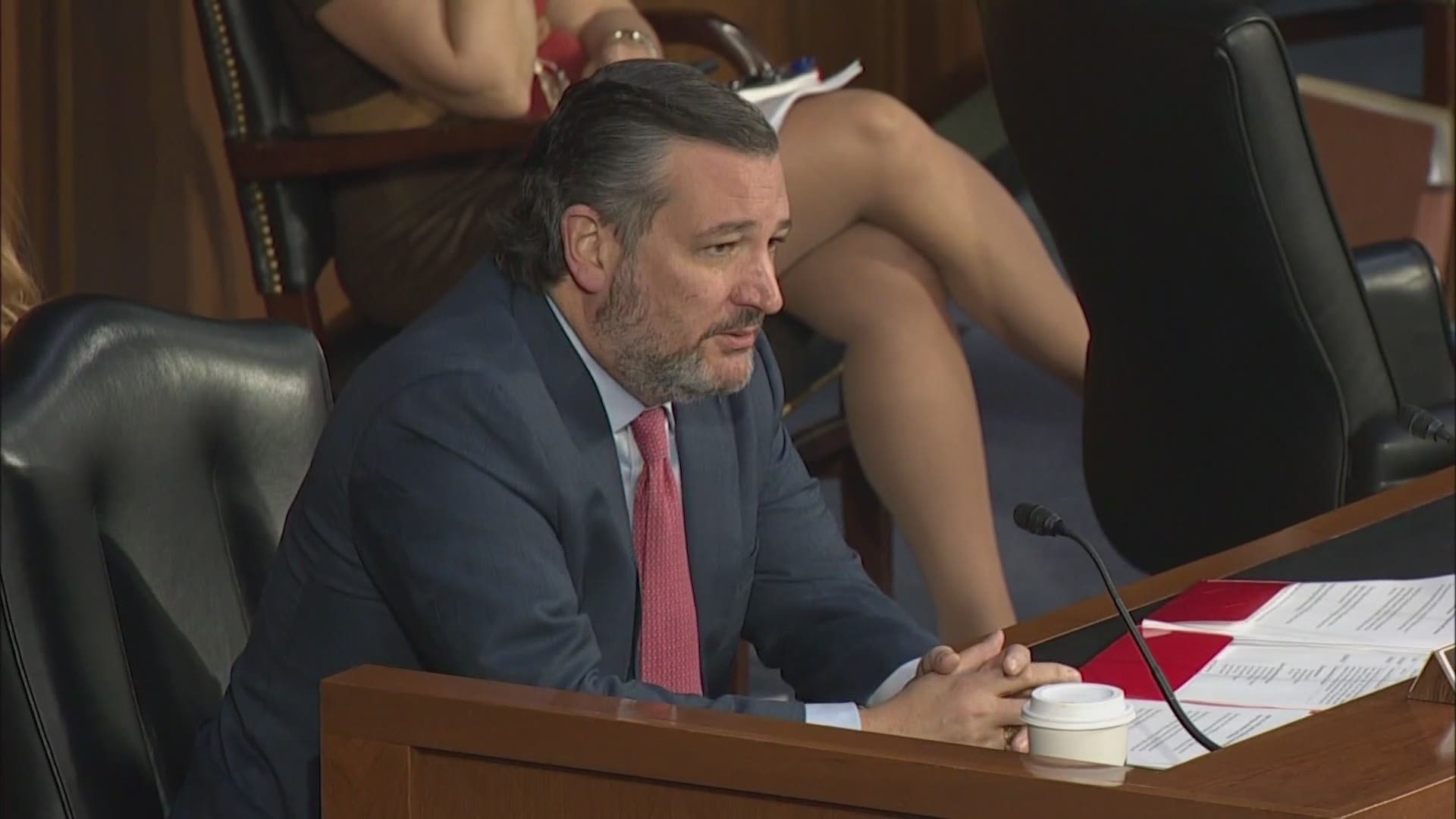WASHINGTON — The Senate Judiciary Committee held a gun violence hearing on Tuesday. It was a hearing that had already been scheduled before the Boulder, Colo. shooting.
Members weighed in on Monday’s violence.
"Inaction has made this horror completely predictable," said Connecticut Sen. Richard Blumenthal (D). "Inaction by this Congress makes us complicit."
"Every time there’s a shooting, we play this ridiculous theater, where this committee gets together and proposes a bunch of laws that would do nothing to stop these murders," said Texas Sen. Ted Cruz (R).
"When you disarm law-abiding citizens, you make them more likely to be victims."
Cruz went on to say that he and Sen. Chuck Grassley are going to introduce again the Grassley-Cruz bill.
"Chairman Chuck Grassley and I are introducing again Grassley, Cruz and I would ask Senate Democrats, including some of our new colleagues who just got here, not to participate in the shameful filibuster that this body engaged in 2013. Let's target the bad guys, the felons, the fugitives, those with mental disease," Cruz said during the hearing.
Sen. Majority Leader Chuck Schumer promised to bring the two bills aimed at closing the loopholes in the background check system to the Senate floor, but it’s unclear if the bills will pass.
Monday's mass shooting in Colorado comes just days after eight people were killed in a series of spa shootings in Atlanta.
Why little has changed
No matter how rigorous the debate, so often after mass shootings, gun laws do not get passed. Here in Houston, Rice University has been surveying Harris County residents about issues like this for the past 40 years.
Dr. Stephen Klineberg with the Kinder Institute for Urban Research explains why little has changed.
“Anti-gun control folks, the ones who are committed to the belief of the Second Amendment vote on that issue more than anything else,” said Dr. Klineberg. “Whereas people who generally think, of course we should have background checks, but it's not held with quite the same fervor.”
For example, two years ago, eighty-one percent of people surveyed were in favor of universal background checks. Klineberg says people may respond to a survey, but they don't always vote or contribute to political campaigns that controls the balance of power in Congress.

